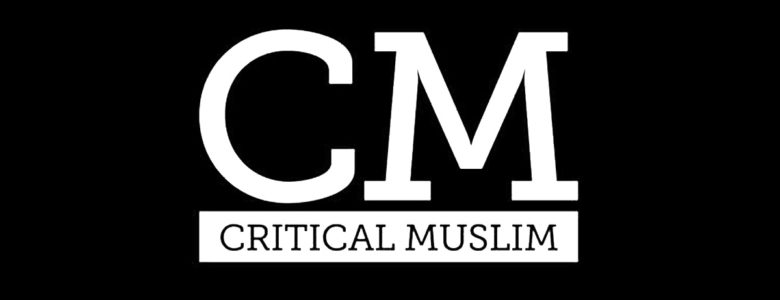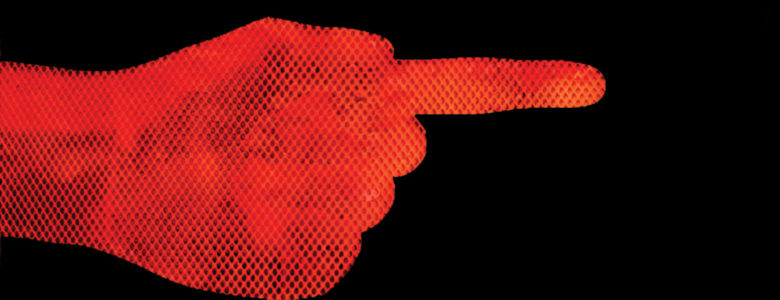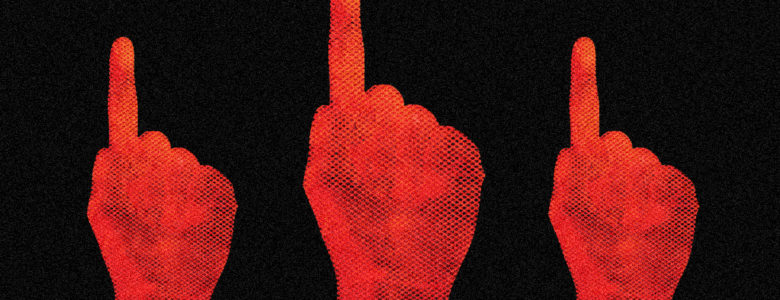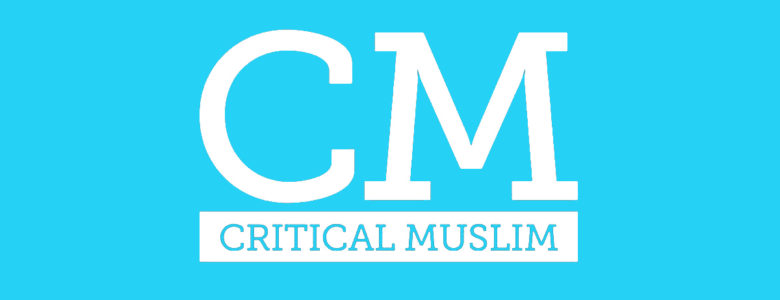On reading Britain Through Muslim Eyes, a compendium on the decidedly pre-modern Muslim-British exchange, one realises that what we see as new, unchartered territory, is often old ground.


On reading Britain Through Muslim Eyes, a compendium on the decidedly pre-modern Muslim-British exchange, one realises that what we see as new, unchartered territory, is often old ground.

To understand how the West has acquired so much wealth and power, and the route it has taken towards world domination, it is useful to look at history in broad, global terms. Around 1600, some of the richest parts of the world were in the East – China, India, Indonesia and Japan.

It is clear. The West is dead. It is time to stop beating a dead West. It is time to start grooming and riding new horses beyond even postnormality.

During the spring and summer of 2016, the Turner Contemporary gallery in Margate on England’s North Sea coast hosted a new work by Yinka Shonibare MBE. Born in London but raised in Nigeria, the artist now uses the royal honour – which lends a ritual afterlife to a defunct imperial system – as part of his professional title. Pride, or parody?

Crimson unfurls in the sky like a great silk banner and a jewelled sun plunges into the earth. In a few minutes, the adhaan will fill the sweet African air, echoing beautifully over the town from the minaret. The call to prayer washes tranquillity over Mali, soothing and powerful, in lilting Arabic.

You ask me: whatever happened to our desperate aspiration to be a superpower? It is a good question; particularly now that Narendra Modi has been voted out of power.

There is one book that for some reason I am compelled, every so often, to return to. I don’t fully understand why – I just know that it must somehow connect with something buried somewhere in my subconscious. I’m not talking about a familiar book that gives me pleasure, I mean a book that creates a disturbance in me.

A poem by Avaes Mohammad.